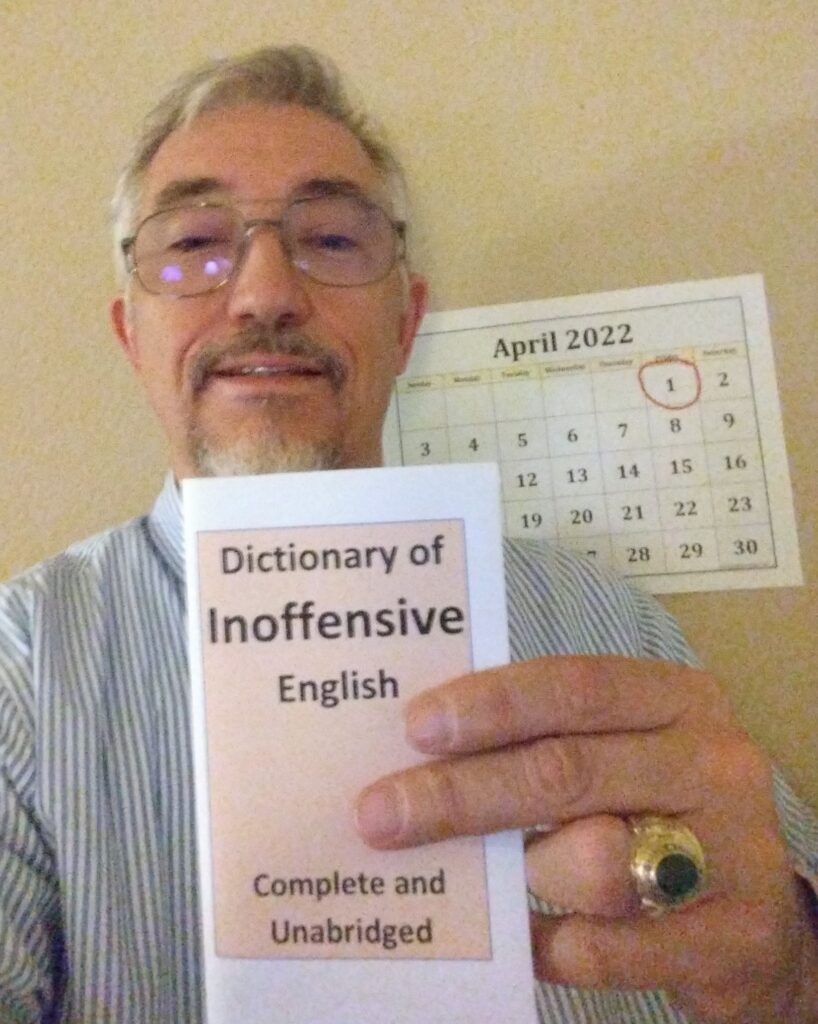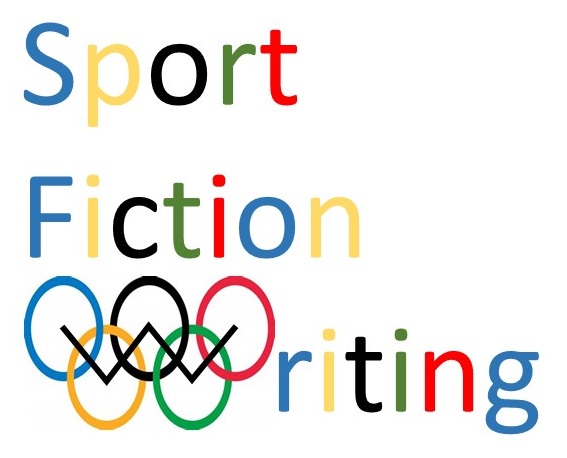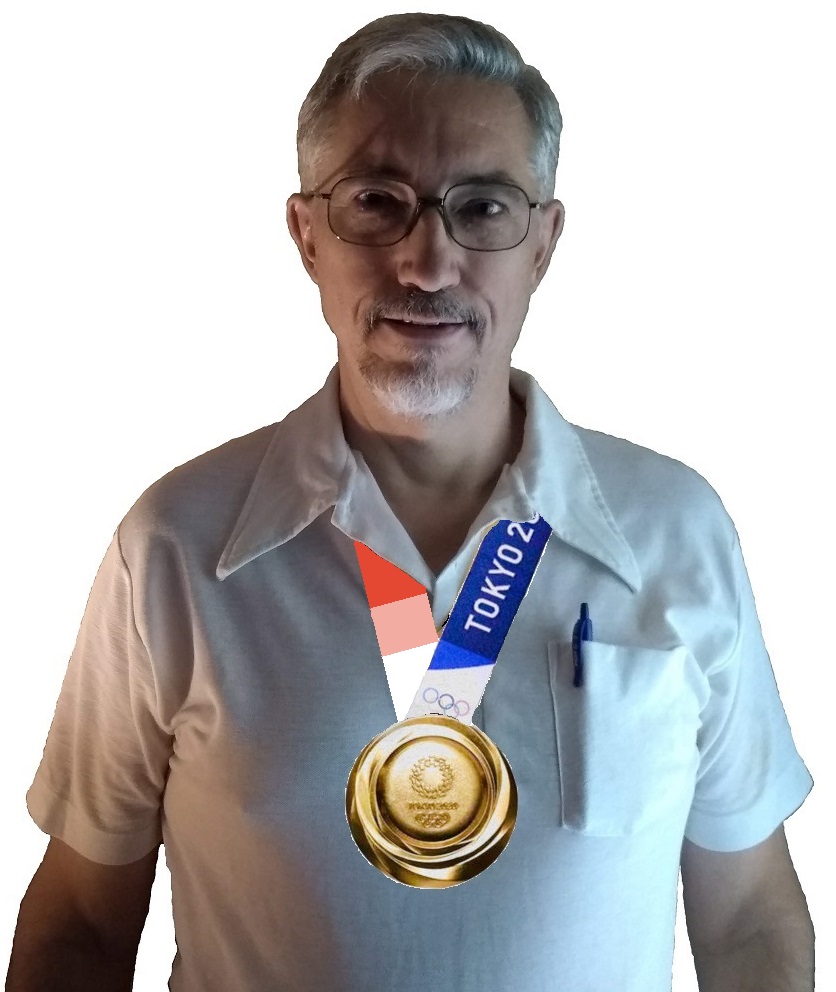It’s hard to think of a hobby, pastime, or activity more versatile, more location-independent, than writing. You can write almost anywhere. I’ve come up with a poem about that. Sincere apologies, Dr. Seuss:

You can write stuff on a train. You can write stuff on a plane.
You can write stuff in your house. Write beside your dozing spouse.
Write by soft electric light. Write quite late into the night.
You can write until the dawn. You can write out on the lawn.
You can write while in a park. You can write on old tree bark.
You can write both here and there. You can write most anywhere.
You can write while at a desk, from sublime to the grotesque.
Write first hither and then yon, and while sitting on the john
Write in your own living room, in a meeting while on Zoom.
Write while sitting in a chair wearing only underwear.
Write while riding in a car. Write when you get to the bar.
You can write both there and here. Write between big gulps of beer.
You can write while still in school, then while tanning at the pool.
You can write within your dorm. Write through a torrential storm.
You can write your prose so clear, hanging from a chandelier.
Have you written ‘till you cried, halfway up a mountainside?
You can write on any trip, even on a fine cruise ship.
You can write beneath the moon. Write aloft in a balloon.
You could write, or so I’ve heard, high up in a whirlybird.
You can by world unseen, while aboard a submarine.
You can write on your commute. Or hanging from a parachute.
You can write your very best while atop Mount Everest.
Write in far-off Kathmandu, or even while in Timbuktu.
You can write in every place. Even while in outer space.
Write while in a time machine. (Done before you start, I mean.)
You can write in any spot. That’s convenient, is it not?
You can write, (this ain’t no gibe), better than—
Poseidon’s Scribe




 Since humorous writing is so tough to get right, why don’t we forget the whole thing? For one, if we can manage to tell a funny story, readers like it. An amusing tale lifts them from the gloomy tedium of their dreary lives, the poor things. Think of it as a public service, kind of a ‘clown-author saves the world’ idea.
Since humorous writing is so tough to get right, why don’t we forget the whole thing? For one, if we can manage to tell a funny story, readers like it. An amusing tale lifts them from the gloomy tedium of their dreary lives, the poor things. Think of it as a public service, kind of a ‘clown-author saves the world’ idea.